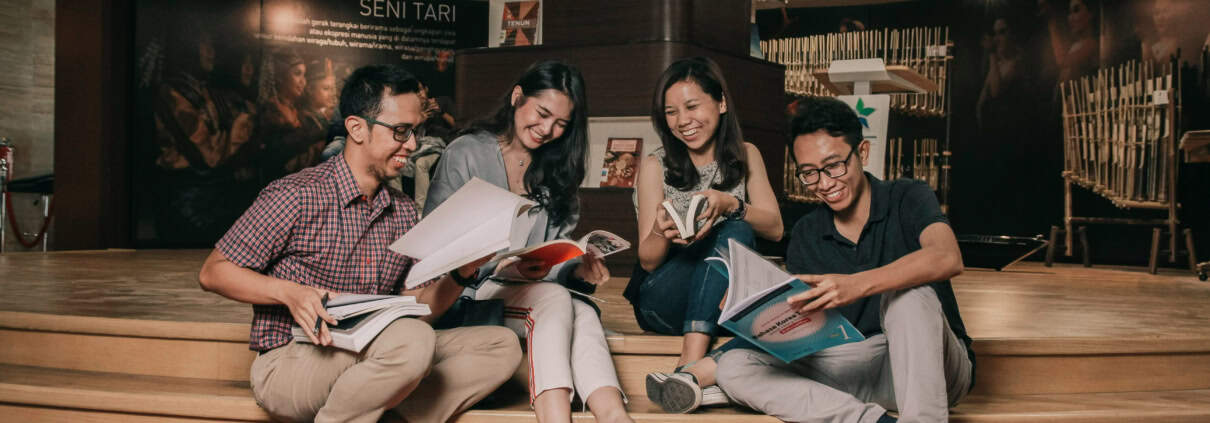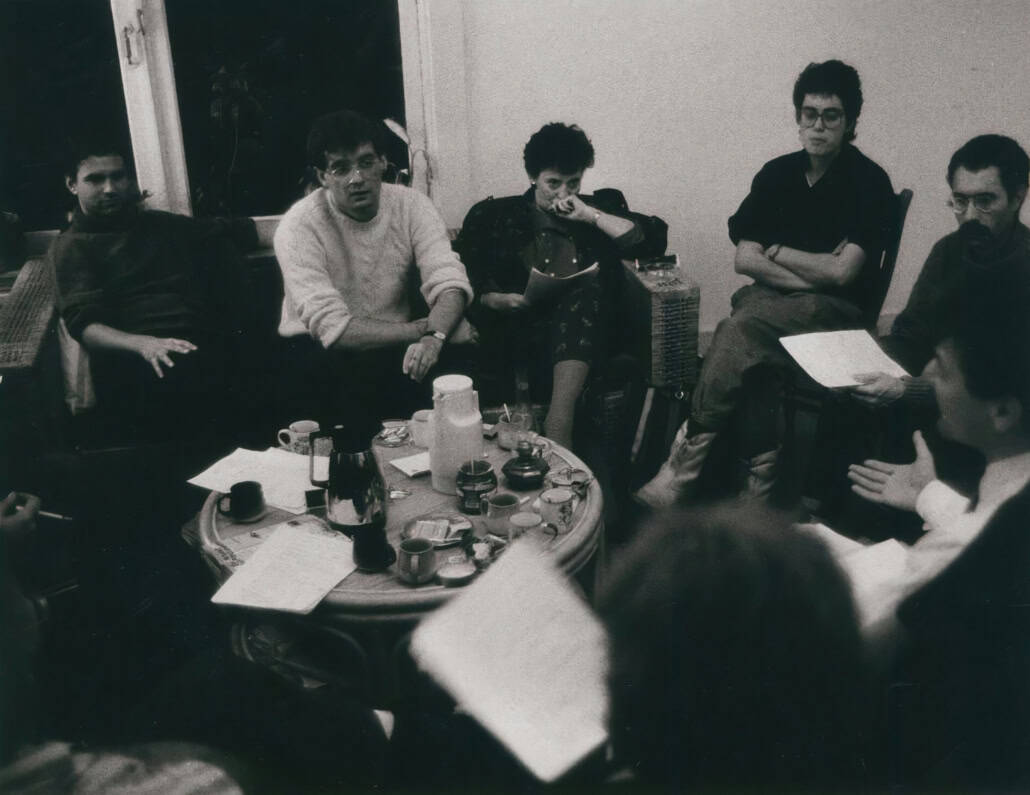|
Getting your Trinity Audio player ready...
|
Sharing and Learning from Each Other
Working with enterprising families is naturally quite challenging and not for everyone.
It can also often feel quite lonely when you are the only person who comes from outside the family system that you’re working with.
For those and many other reasons, I’ve always been on the lookout for any way possible for me to interact with peers who do this kind of work in one fashion or another.
Sharing and learning with other professionals who work with similar client bases in related ways, or even in almost exactly the same way, can be a very enriching experience.
Regular readers will recognize that many a weekly post here has its genesis in some sort of peer group experience, of which this is simply the latest.
Different Formats, Similar Results
I’m writing this piece on after having just completed two of my favourite group meetings, and they were very different yet equally enjoyable and stimulating.
One group convenes in person for one weekend annually, and fourteen of us gathered recently.
The other is a monthly hour-long Zoom call, where there were 10 of us this latest time.
The former group also added monthly Zoom calls in the past few years to great success.
Something that these groups have in common is that as members get used to being together, the conversations get easier, friendlier, and thus much deeper.
Each gathering feels more and more like a safe space to share, and that’s when the good stuff comes out.
The Meta View of Work with Families
What I also find incredible is how often the work we do together as a group mimics what we’re all trying to do with the families we get to work with.
Like how I just talked about the safe space and the comfort level that grows the more we gather together as a group.
Another such angle is around the leadership of each group, which can vary but is typically rather informal.
A related question surrounds the various roles that each participant plays and is expected to play, and whether or not such roles and leadership are fixed or will vary over time.
Sometimes It Feels Like I’m Cheating
As these peer groups mature, the closeness that members feel for each other can begin to feel pretty intimate, which is a feeling I enjoy developing with peers.
But my personal experiences are a bit different from most such members, I think, because I’m involved in a handful of such regular group gatherings with like-minded professionals, and it almost feels like I’m cheating on one group when I spend time in another!
I say that because in many of these meetings, someone will utter something like “I love these get-togethers with you all, because this is the ONLY place where I can talk about this stuff”.
Whenever I hear that, and it happens several times a year for me, I get a bit of a guilty feeling because I have a few other places where I get that warm and fuzzy glow.
But that guilt normally quickly morphs into gratitude for the fact that I have other such deep relationships, and even get to do this in more than one language.
Jealous of the Families We Serve
The concept of jealousy doesn’t only happen around the peer groups I’m part of.
Sometimes it can be the families themselves that can make me feel a pang of jealousy.
This doesn’t happen as often, but I have had (and still have) some client families where I admire what they have built as a family who regularly enjoy each others’ company.
What these situations have in common is that there are people who come together to talk with each other and spend time with special people in their lives.
It’s All About Affinity
One of the founders of this field is James E, (Jay) Hughes Jr., and he talks about creating a “Family of Affinity”.
For any peer group to have staying power (not all do) you need to create the type of culture around how you “are” together, even more than what you are going to “do” together.
Peer groups that begin to feel like an affinity group will do better than those where that culture doesn’t get developed.
Each group member bears some responsibility for its culture; I like to think I’m doing my part.






